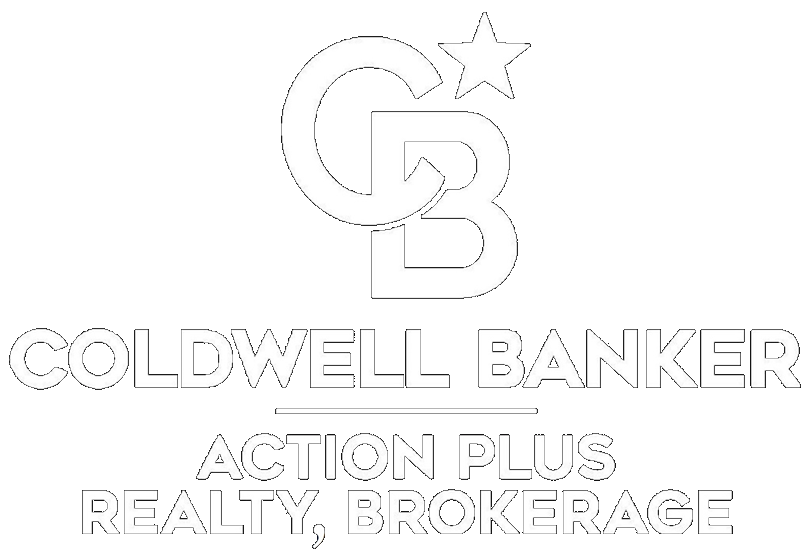Investing in a home rental business can be a smart financial decision if done correctly.
A reliable passive income stream can be generated through rental properties, which also have the potential to increase in value over time. Like with every investment, there are risks, so it’s crucial to conduct adequate research before making any decisions. In this circumstance, it’s critical to conduct market research, evaluate your financial status, and create a clear investment plan.
You may improve your chances of success in the house rental industry by taking the time to comprehend the market, assess your financial resources and risks, and develop a sound investment plan. We’ll go over some of the important factors to think about when investing in the rental home industry in this post so you may make wise choices and amass a profitable portfolio of rental homes.
Read more: Everything You Ever Wanted To Know About Investing In A Home Rental Business
Starting a rental home business has a number of benefits, such as:
Rent payments are a reliable source of income, which is one of the main advantages of owning rental properties. You can count on getting a rent check each month as long as your properties are rented out.
Renting out a property can be a source of passive income, which is when you make money without working hard. After purchasing and setting up your rental properties, you can continue to make money from rentals without having to actively manage them every day.
Rental properties may increase in value over time due to appreciation. This indicates that the property might appreciate in value over time, giving you the opportunity to sell it for a profit in the future.
Tax advantages: Rental properties include a variety of tax advantages, such as deductions for costs like property taxes, mortgage interest, and maintenance.
Diversifying your financial portfolio: Renting out the property might be a fantastic method to do this. You can spread out your investment risk and possibly increase your returns by buying homes in several areas and marketplaces.
Control: As the owner of a rental property, you have power over the home’s management, the amount of rent you charge, and the tenants you choose to lease to.
Overall, owning rental properties can be a terrific strategy to increase your wealth, diversify your financial portfolio, and generate passive income. Yet it’s crucial to do your homework and completely comprehend the dangers and obligations that come with being a landlord.

While investing in a rental house company has numerous benefits, there are also some possible disadvantages to be aware of.
The following are some drawbacks of the rental home business:
Work and time: It takes a significant amount of time and effort to own rental properties. Tenants are found and screened, rent is collected, the property is maintained, repairs and maintenance are handled, and any legal issues are addressed by property owners.
Turnover and vacancies: There are times when rental properties are vacant, which can reduce rental income. Additionally, owners may need to make investments in marketing and repairs in order to attract new tenants due to tenant turnover, which can be costly.
Damage to property: The property may be damaged by tenants, which may necessitate costly maintenance and repair costs.
Regulatory and legal issues: Building codes, zoning regulations, and tenant rights are just a few of the legal and regulatory requirements that apply to rental properties. There is a possibility that breaking these rules will cost you money in fines, legal fees, and damage to your reputation.
Changes in the economy: Rental properties, like any other investment, are affected by changes in the market. Property values and rental income can be affected by changes in the local real estate market or economic conditions.

Before making an investment in a rental home business, it’s important to think about these potential drawbacks. However, many of these difficulties can be mitigated with careful planning and management, and the advantages of owning rental properties may outweigh the disadvantages.



